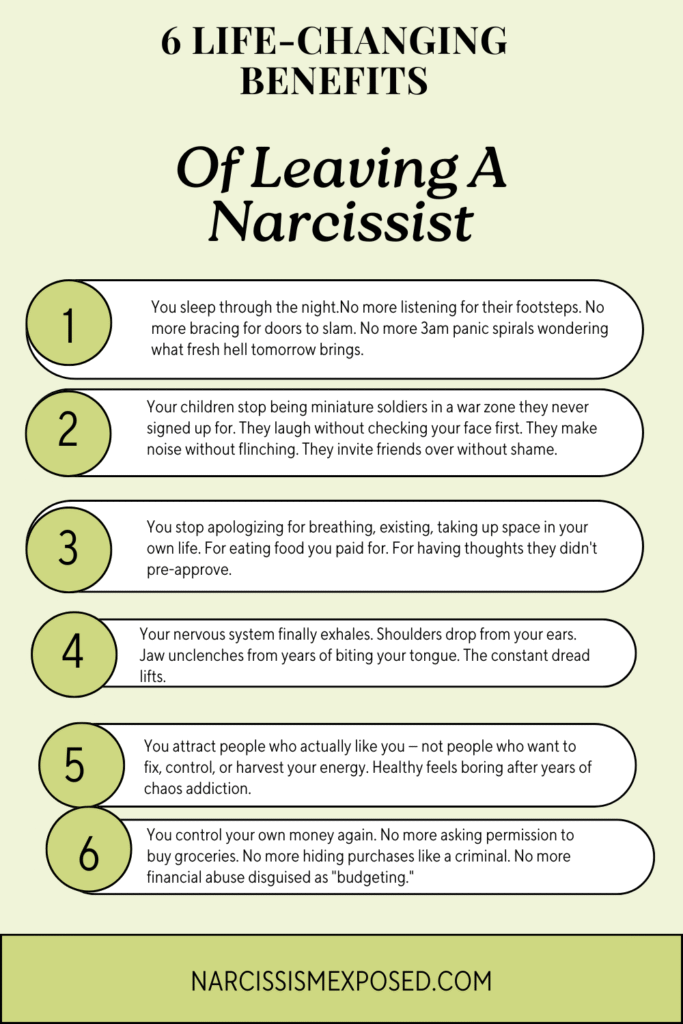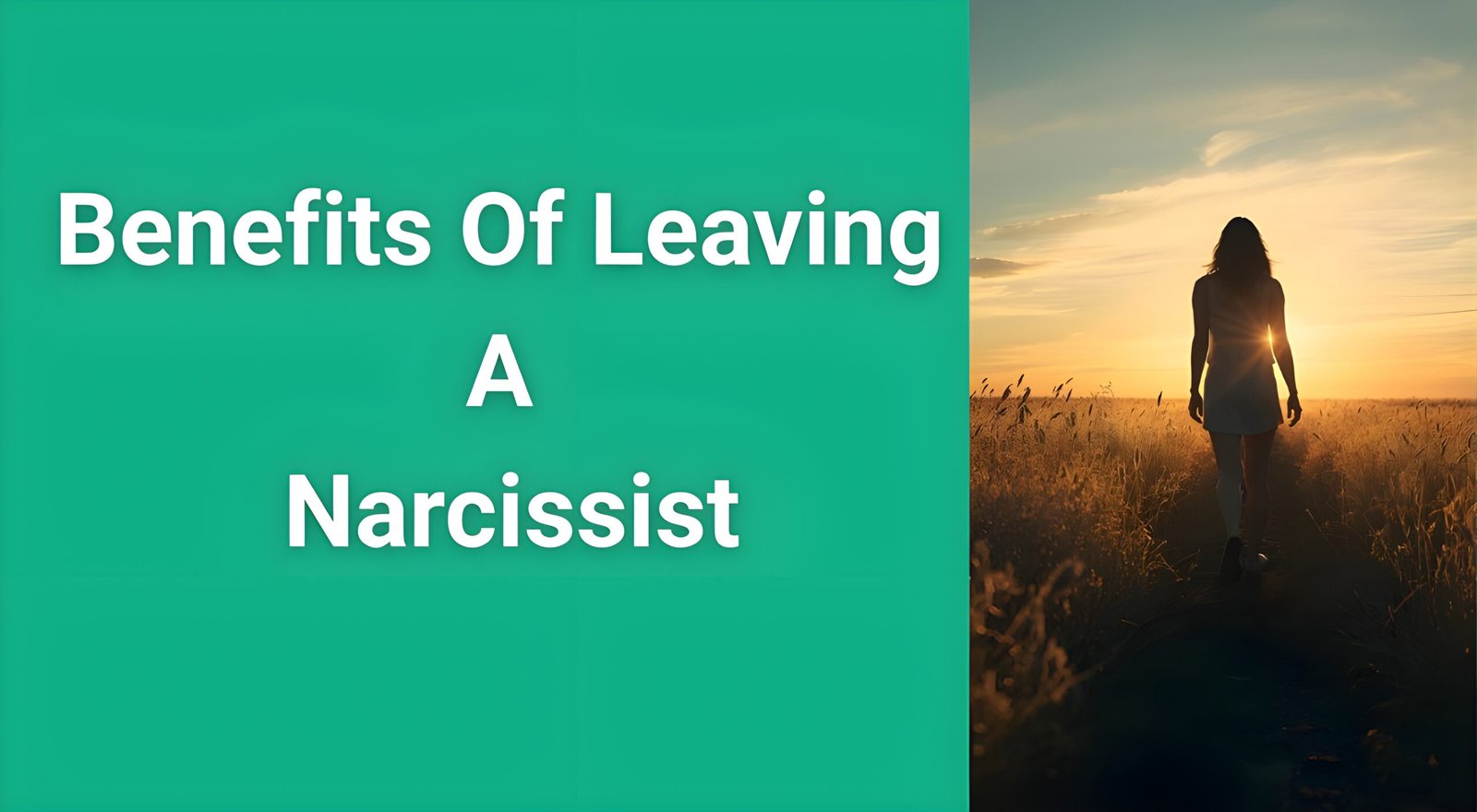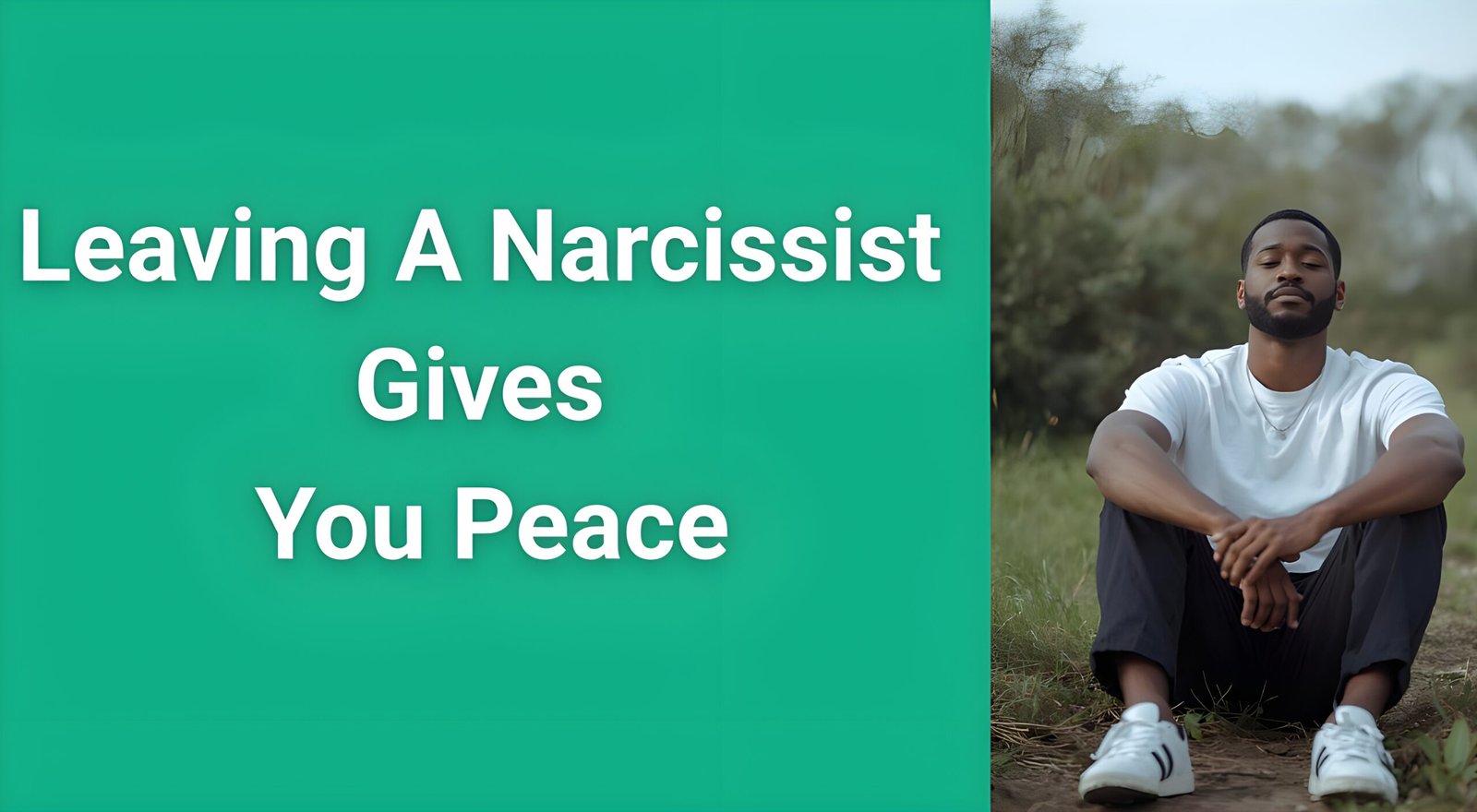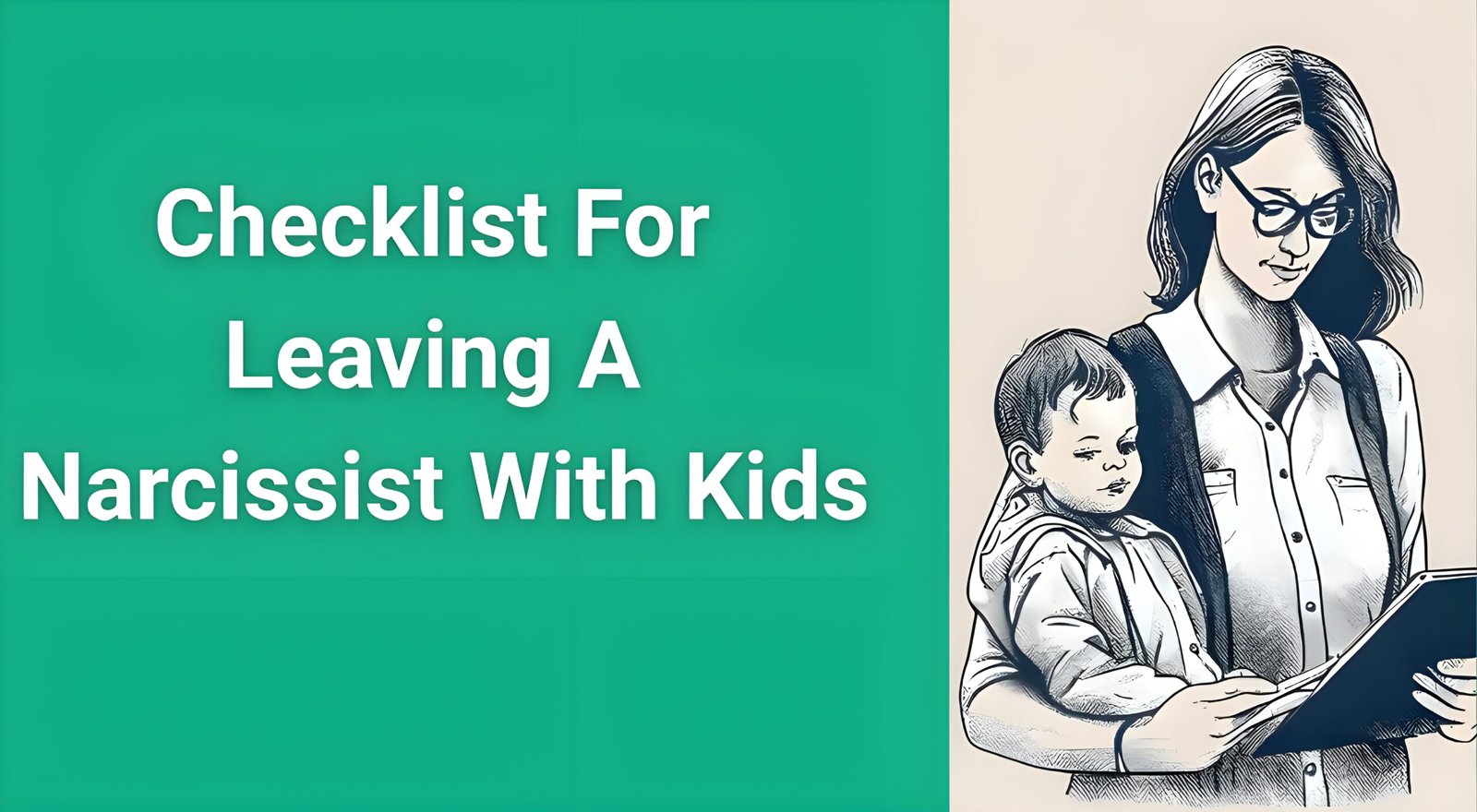If you’re questioning whether the benefits of leaving a narcissist outweigh the fear and uncertainty, you’re not alone. Thousands of survivors have walked this path before you, and their experiences reveal something remarkable: life after narcissistic abuse isn’t just better—it’s transformational.
- The Reality Check You Need
- 1. Your Mental Health Transforms Completely
- 2. You Reclaim Your Identity and Self-Worth
- 3. Your Physical Health Improves Dramatically
- 4. Your Relationships Become Healthy and Authentic
- 5. You Rediscover Peace and Emotional Stability
- 6. Your Future Becomes Yours to Design
- 7. You Develop Unshakeable Inner Strength
- The Tools That Accelerate Your Healing Journey
- Frequently Asked Questions About Leaving a Narcissist
- Your Freedom Starts With One Decision
While leaving any relationship feels daunting, breaking free from narcissistic abuse requires extraordinary courage. The manipulation, gaslighting, and emotional warfare can leave you feeling trapped, questioning your own sanity, and wondering if you’ll ever be happy again.
But here’s what survivors discover once they take that brave step: the benefits of leaving a narcissist extend far beyond simply escaping abuse. You’re not just ending something toxic—you’re beginning something beautiful.
The Reality Check You Need
Before diving into the life-changing benefits, let’s acknowledge the elephant in the room. Narcissistic abuse isn’t your typical relationship challenge. It’s a systematic destruction of your sense of self through manipulation tactics like gaslighting, triangulation, love-bombing, and devaluation.
You’ve likely experienced the confusing cycle where moments of cruelty are followed by bursts of affection, creating what experts call trauma bonding—a psychological addiction that makes leaving feel impossible. This isn’t weakness; it’s a normal response to abnormal treatment.
The good news? Understanding what you’re dealing with is the first step toward freedom. And the freedom that awaits you is more profound than you can imagine.

1. Your Mental Health Transforms Completely
The most immediate and profound benefits of leaving a narcissist center around your mental wellness. Survivors consistently report that the mental fog lifts within weeks of going no contact.
Depression Lifts Like a Weight Being Removed
After years of constant criticism, gaslighting, and emotional abuse, your brain has been operating in survival mode. Once you remove yourself from the toxic environment, something remarkable happens: your natural emotional state returns.
“I didn’t realize how depressed I had become until the depression started lifting,” shares Sarah, a survivor of a 8-year narcissistic marriage. “It was like someone turned the lights back on in my brain.”
The chronic stress hormones that flooded your system during the relationship—cortisol and adrenaline—begin to regulate. Your nervous system, which has been stuck in hypervigilance mode, finally gets to rest and reset.
Anxiety Diminishes Dramatically
That constant feeling of walking on eggshells? Gone. The morning dread about what mood they’ll be in? Eliminated. The obsessive worrying about saying or doing the wrong thing? Replaced with peace.
One of the most liberating aspects of recovery is rediscovering what normal anxiety levels feel like. Instead of the chronic, overwhelming anxiety that characterized your relationship, you’ll experience only situational anxiety—the kind that serves a purpose and then dissipates.
Your Authentic Emotions Return
Narcissistic abuse teaches you to suppress, doubt, and dismiss your own feelings. You’ve been conditioned to prioritize their emotions while ignoring your own. When you leave, your emotional intelligence returns in full force.
You’ll rediscover the full spectrum of human emotion—not just the fear, sadness, and confusion that dominated your relationship, but genuine joy, excitement, contentment, and peace. Some survivors describe this as “feeling feelings” for the first time in years.
2. You Reclaim Your Identity and Self-Worth
Perhaps the most devastating aspect of narcissistic abuse is how it systematically erodes your sense of self. The benefits of leaving a narcissist include a complete identity reclamation that many describe as being “reborn.”
The Real You Emerges
Narcissists are expert identity thieves. They study you intensely during love-bombing, then slowly chip away at everything that makes you unique. Your interests become “stupid,” your friends “bad influences,” your dreams “unrealistic.”
When you leave, you begin the fascinating process of rediscovering who you are without their constant interference. You’ll remember hobbies you abandoned, reconnect with values they criticized, and pursue interests they dismissed.
“I started painting again three months after leaving,” shares Michael, who survived emotional abuse from a narcissistic partner. “I had completely forgotten how much I loved creating. It was like finding a piece of my soul I thought was lost forever.”
Your Self-Worth Rebuilds Stronger Than Before
Narcissistic abuse operates by convincing you that you’re fundamentally flawed, worthless without them, and lucky they tolerate you. These lies become so ingrained that you forget they’re lies.
Recovery involves not just remembering your worth, but developing an unshakeable sense of self-value. Survivors often report that their self-esteem becomes stronger than it was before the relationship because they’ve learned to value themselves independent of external validation.
You Stop People-Pleasing and Start Self-Advocating
The hypervigilance required to manage a narcissist’s moods creates chronic people-pleasing behaviors. You become so focused on preventing their reactions that you lose touch with your own needs and boundaries.
One of the most empowering benefits of leaving a narcissist is learning to advocate for yourself. You’ll develop the ability to say no without guilt, ask for what you need without shame, and prioritize your wellbeing without apology.
3. Your Physical Health Improves Dramatically
The mind-body connection means that psychological abuse manifests in physical symptoms. The relief your body experiences when you escape narcissistic abuse is often surprising in its intensity.
Stress-Related Physical Symptoms Disappear
Chronic stress from narcissistic abuse commonly manifests as:
- Persistent headaches and migraines
- Digestive issues and stomach problems
- Sleep disruptions and insomnia
- Muscle tension and pain
- Skin conditions like eczema
- Autoimmune flare-ups
- Frequent illness due to compromised immunity
Within months of leaving, most survivors experience significant improvement or complete resolution of these stress-related health issues. Your immune system strengthens, your sleep improves, and your energy returns.
You Develop Healthy Lifestyle Habits
During narcissistic abuse, self-care often becomes impossible. You’re too emotionally drained, too focused on managing their needs, or actively discouraged from taking care of yourself.
Recovery brings a renewed focus on health and wellness. Many survivors discover exercise, meditation, proper nutrition, and other wellness practices for the first time. This isn’t just about physical health—it’s about learning to nurture and care for yourself.
Your Energy Levels Restore
Perhaps nothing is more exhausting than living with a narcissist. The constant emotional labor, hypervigilance, and stress deplete your energy reserves. When you leave, many survivors are amazed by how much energy they suddenly have.
“I couldn’t believe how much energy I had once I left,” explains Lisa, a survivor of narcissistic abuse. “I went from barely getting through each day to having energy for hobbies, friends, and goals. It was like plugging into an energy source I’d forgotten existed.”
4. Your Relationships Become Healthy and Authentic
One of the most beautiful benefits of leaving a narcissist is witnessing your capacity for healthy relationships return. After years of toxicity, normal interactions feel surprisingly easy and peaceful.
Drama-Free Interactions Become the Norm
When your primary relationship is characterized by chaos, manipulation, and conflict, you forget what peaceful interactions feel like. Survivors often express amazement at how smoothly relationships can function when both people operate with good intentions.
Simple things like making plans without hidden agendas, having conversations without verbal landmines, and resolving disagreements through honest communication feel revolutionary when you’ve been conditioned to expect drama.
You Attract Healthier People
Recovery from narcissistic abuse includes developing what many call “narc radar”—the ability to spot manipulative behaviors early. This protective skill, combined with stronger boundaries and higher self-worth, naturally attracts healthier relationships.
You’ll find yourself gravitating toward people who demonstrate empathy, respect, consistency, and genuine care. The contrast between healthy relationships and your past experience becomes a constant reminder of how far you’ve come.
You Reconnect With Lost Relationships
Narcissists systematically isolate their victims from support systems. They criticize your friends, create drama with your family, and gradually convince you that you only need them.
One of the joyful aspects of recovery is reconnecting with people who genuinely care about you. Many relationships damaged during your abusive relationship can be repaired when you’re able to show up as your authentic self again.
5. You Rediscover Peace and Emotional Stability
After living in constant emotional turbulence, the peace that follows leaving a narcissist feels almost surreal. This emotional stability becomes the foundation for rebuilding your entire life.
No More Walking on Eggshells
That chronic state of hypervigilance—constantly monitoring their mood, analyzing their words for hidden meanings, preparing for emotional explosions—finally ends. The relief of no longer needing to manage someone else’s emotions is profound.
Survivors describe this as “breathing freely” for the first time in years. Simple activities like coming home from work or waking up in the morning become peaceful instead of anxiety-provoking.
Your Nervous System Regulates
Narcissistic abuse keeps your nervous system in constant fight-or-flight mode. Your body believes it’s under threat because, emotionally, it is. When you remove the source of threat, your nervous system can finally relax and regulate.
This regulation brings improved sleep, better digestion, clearer thinking, and emotional stability. You’ll notice that you can handle normal life stresses without the overwhelming reactions that characterized your time in the abusive relationship.
You Experience Genuine Contentment
Perhaps most remarkably, you’ll rediscover the ability to feel genuine contentment and joy. Not the artificial highs of love-bombing or the relief that follows devaluation, but authentic happiness based on your own accomplishments, relationships, and experiences.
Many survivors report that simple pleasures—a quiet morning with coffee, a conversation with a friend, a beautiful sunset—bring genuine joy for the first time in years.
6. Your Future Becomes Yours to Design
One of the most insidious aspects of narcissistic abuse is how it hijacks your future. Your dreams, goals, and plans become secondary to managing their needs and emotions. Breaking free returns control of your destiny to where it belongs—with you.
You Can Make Plans Without Fear
During narcissistic abuse, making plans becomes complicated by their unpredictable moods and need for control. You learn to avoid committing to anything that might upset them or trigger an episode.
Freedom means rediscovering the joy of planning—whether it’s a weekend getaway, a career change, or something as simple as dinner with friends. Your schedule becomes yours again.
Your Dreams and Goals Resurface
Narcissists are notorious for dismissing, discouraging, or actively sabotaging their victims’ goals and dreams. Over time, you may have internalized their criticisms and abandoned aspirations that once excited you.
Recovery involves rediscovering those buried dreams and pursuing them with newfound determination. Many survivors report achieving goals they never thought possible once they’re free from the constant discouragement and sabotage.
You Become the Author of Your Own Story
Perhaps most powerfully, you reclaim agency over your own life narrative. Instead of being a supporting character in their drama, you become the protagonist of your own story.
This shift from victim to survivor to thriver represents the ultimate victory over narcissistic abuse. You’re not just escaping something terrible—you’re creating something beautiful.
7. You Develop Unshakeable Inner Strength
The final and perhaps most profound of the benefits of leaving a narcissist is the inner strength you develop through the recovery process. Surviving narcissistic abuse and choosing to heal transforms you in ways that create lasting resilience.
You Discover Your True Resilience
Breaking free from narcissistic abuse requires extraordinary courage and strength. The process of leaving, healing, and rebuilding proves to yourself that you’re capable of surviving anything.
This isn’t the false confidence that comes from external validation, but genuine self-knowledge of your own resilience. You’ve survived psychological warfare and emerged stronger—what could possibly defeat you now?
Your Intuition Becomes Unshakeable
Gaslighting works by making you doubt your own perceptions, instincts, and reality. Recovery involves rebuilding trust in your own intuition. Survivors often report that their intuitive abilities become stronger than ever before.
You learn to trust the red flags you previously ignored, honor the gut feelings you once dismissed, and make decisions based on your own wisdom rather than someone else’s manipulation.
You Become a Beacon for Others
Many survivors find profound meaning in their experience by helping others recognize and escape narcissistic abuse. Your story becomes a source of hope and validation for people still trapped in similar situations.
This transformation from victim to advocate represents the ultimate victory over narcissistic abuse. You take your pain and use it to prevent others from suffering the same fate.
The Tools That Accelerate Your Healing Journey
While the benefits of leaving a narcissist are profound, the healing journey can feel overwhelming without proper support and guidance. Professional help, structured recovery programs, and evidence-based resources can significantly accelerate your progress.
Understanding the specific patterns of your abusive relationship through professional analysis can provide crucial clarity and validation. Many survivors find that comprehensive assessments help them make sense of confusing experiences and develop targeted healing strategies.
Structured recovery programs, particularly those addressing trauma bonding, can provide day-by-day guidance for overcoming the psychological addiction that keeps many people trapped in cycles of returning to their abuser.
For those still in situations where leaving isn’t immediately possible, specialized resources can help you protect your mental health, document abuse patterns, and prepare for eventual freedom when circumstances allow.
Frequently Asked Questions About Leaving a Narcissist
How long does it take to see these benefits after leaving?
Most survivors begin experiencing some benefits within weeks, particularly improved sleep and reduced anxiety. Deeper healing, like identity reclamation and emotional regulation, typically occurs over 6-18 months with consistent recovery work.
What if I can’t leave right now due to financial or safety concerns?
Focus on building inner strength, documenting abuse patterns, and creating a safety plan for when leaving becomes possible. Even mental preparation and boundary work can provide some protection while you’re still in the situation.
Will these benefits last, or might I go backwards?
With consistent recovery work and no contact maintenance, these benefits become permanent. However, healing isn’t linear—expect some difficult days while overall trending upward.
What if they try to come back with promises of change?
This is called “hoovering,” and it’s extremely common. Remember that lasting change requires acknowledgment of wrongdoing, genuine empathy, and sustained effort over years—not desperate promises during crisis moments.
How do I know if I’m ready to leave?
If you’re researching the benefits of leaving, part of you already knows. Trust that instinct. You don’t need to be 100% certain—courage isn’t the absence of fear, it’s action in spite of fear.
Your Freedom Starts With One Decision
The benefits of leaving a narcissist extend far beyond escaping abuse—they encompass a complete life transformation that touches every aspect of your existence. From mental health improvements to rediscovered identity, from physical healing to authentic relationships, the positive changes create a ripple effect that continues expanding long after you’ve left.
Every survivor’s journey is unique, but the destination is the same: a life characterized by peace, authenticity, healthy relationships, and unshakeable self-worth. The person reading this has already survived the hardest part—living through narcissistic abuse and recognizing it for what it is.
Your life after leaving won’t just be different—it will be everything you’ve forgotten life could be. You deserve relationships that nurture rather than drain you. You deserve peace instead of chaos. You deserve to remember who you are and to love that person unconditionally.
The benefits of leaving a narcissist aren’t just possibilities—they’re promises waiting to be fulfilled. Your freedom, your healing, and your happiness are not just hopes—they’re your birthright.
Take the first step. Trust your instincts. Choose yourself.
The life you’ve dreamed of is waiting for you on the other side of fear.






